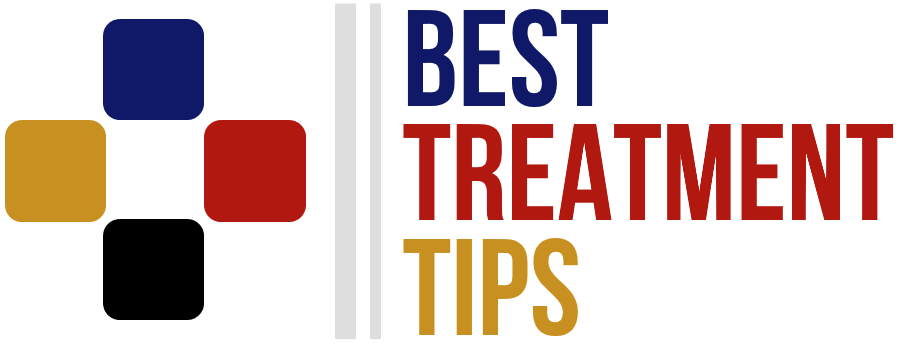If obsessive thoughts are insensible and reach a level that affects our daily life and restricts our daily activities, a mental illness called Obsessive Compulsive Disorder (OCD) should come to mind.
Thoughts that can not be removed turn into anxiety!
Obsession with Obsessive Compulsive Disorder (OCD); irrational thoughts, impulses and fundamental disorders that come to the mind against one’s will and cannot be removed. These obsessions lead to anxiety and distress because they cannot be removed.
Repetitive behavior and mental actions to reduce or eliminate anxiety and distress caused by obsessions are also called coerce. OCD was found to occur in 2-3 out of every 100 people.
Usually; Although it begins in adolescence and in the 20-30s, it can be seen at any age, including preschoolers. Although it starts at an earlier age in men, it is more common in women in general.
Two most common obsessions: Cleanliness and control!
Obsessions and difficulties can vary from society to society, culture to culture. Among the most common obsessions and difficulties in our country and in societies all over the world; there is a disease of rigor (pollution obsession and difficulty cleaning) and control disease (safety obsession and control difficulty).
Obsessions are less common in the form of inability to prevent negative thoughts or words coming into the mind, worrying that you will miss a negative word, wanting to get rid of sexually explicit thoughts that come to the mind, worrying that it will inadvertently harm those around you, and coming into the mind of thoughts contrary to your religious beliefs.
OCD can also be an obsession that everything should be symmetrical or in a certain numerical order, a change in behavior to achieve it, touching an important object, counting numbers, accumulating, storing, or superstitions.
Is every obsessive thought or behavior OCD?
When you read or hear these examples, you will find that “being clean and tidy; What is the harm of wanting to live in an aesthetic environment, controlling doors and windows for safety purposes, should these be considered diseases?”. Of course, doing these behaviors in our daily lives is not a disease.
In order for such thoughts and behaviors to be considered diseases from a medical point of view, they should be severe and intense enough to affect, restrict and impair the daily functions of the person. For example, if a housewife spends time cleaning and washing clothes every day and at all hours of the day, and because of these behaviors, she cannot make time for the health and education of children, it can be understood that this is not a healthy situation.
What are the causes of Obsessive Compulsive Disorder?
Among the causes of OCD, the possibility of genetic transition is emphasized. Disruption in the functions of serotonin in brain biochemistry appears to be effective in the formation of obsessive-compulsive disorder. It is observed that childhood mental traumas affect the formation of OCD in some people. People who have meticulous, prescriptive, detailed, perfectionist characteristics as personality structure are considered to be prone to obsessive-compulsive disorder.
How is OCD treated?
Drugs that correct disruptions in serotonin system have an effect on OCD. The effect of the drug usually occurs in 2-3 weeks. Drug use should be maintained for at least 2 years. Among non-drug treatments, the most effective is “Cognitive Behavioral Therapy”. Behavioral methods are used in this application. The goal here is to extinguish the anxiety created by the uncomfortable thought and to ensure that the state of adjustment occurs.
The treatment performed in this way is called practice treatments. On the other hand, in cognitive therapy, the aim is to reduce the perception of responsibility created by disturbing thoughts. Cognitive and behavioral therapies play a very important role both in the treatment of the disease and especially in the prevention of relapses, and can sometimes be used alone and sometimes in combination with drug treatments. Cognitive behavioral therapies are the most important among treatment options.
What should you do if you think you have OCD?
It is often difficult for the person to decide that some thoughts and behaviors in themselves can be symptoms of a mental illness. If you doubt that you may have obsessive compulsive disorder, you can contact a psychiatrist for professional help.


